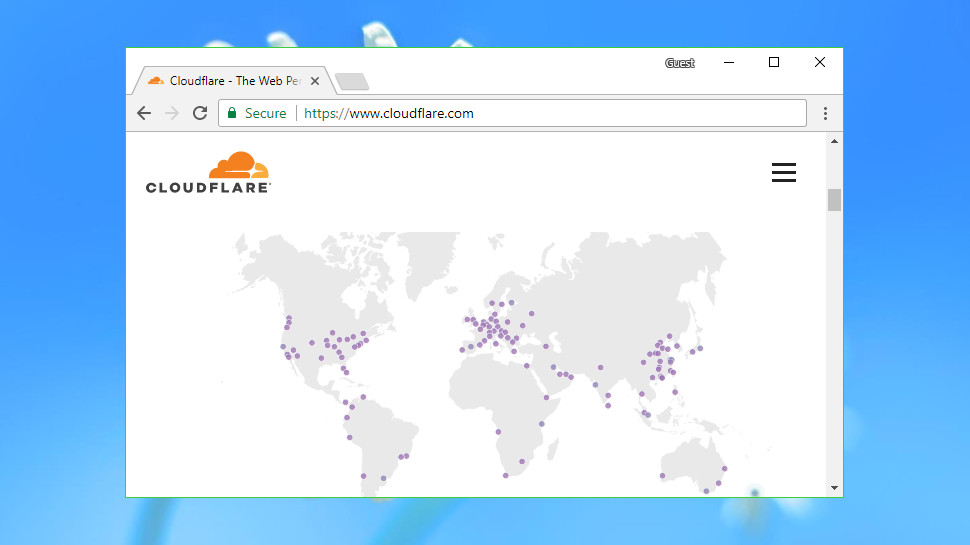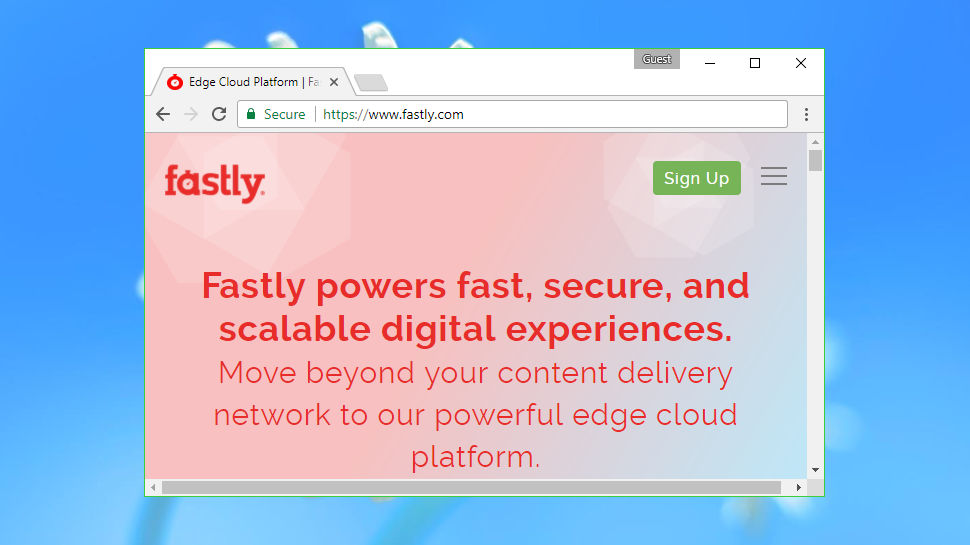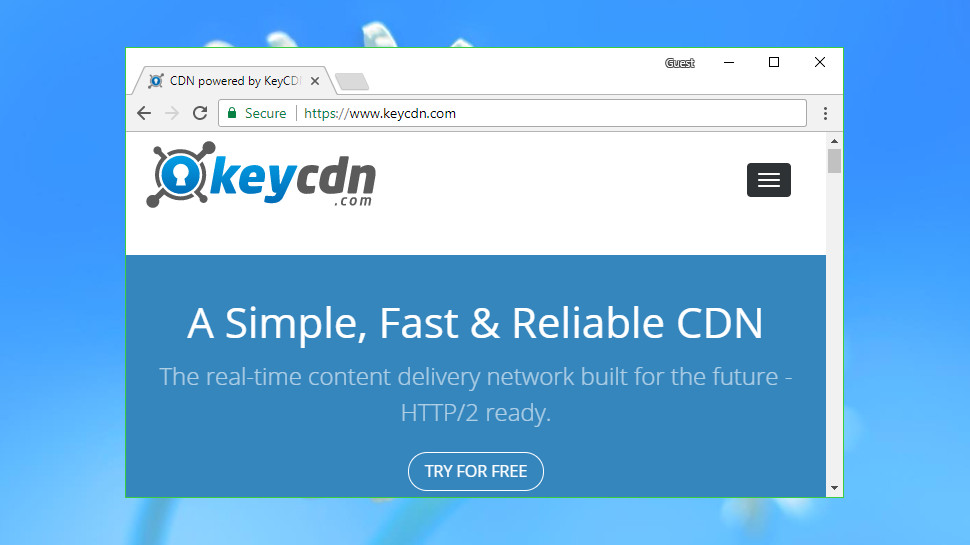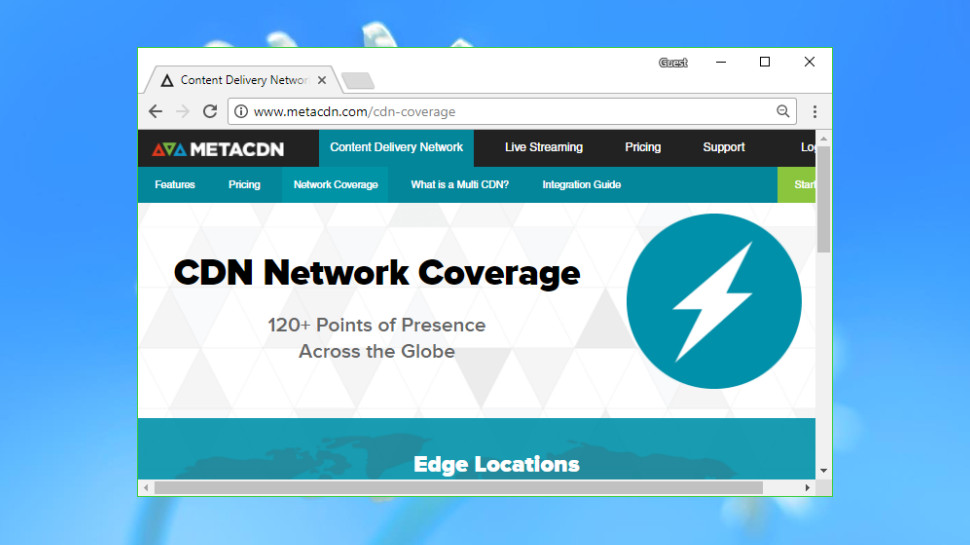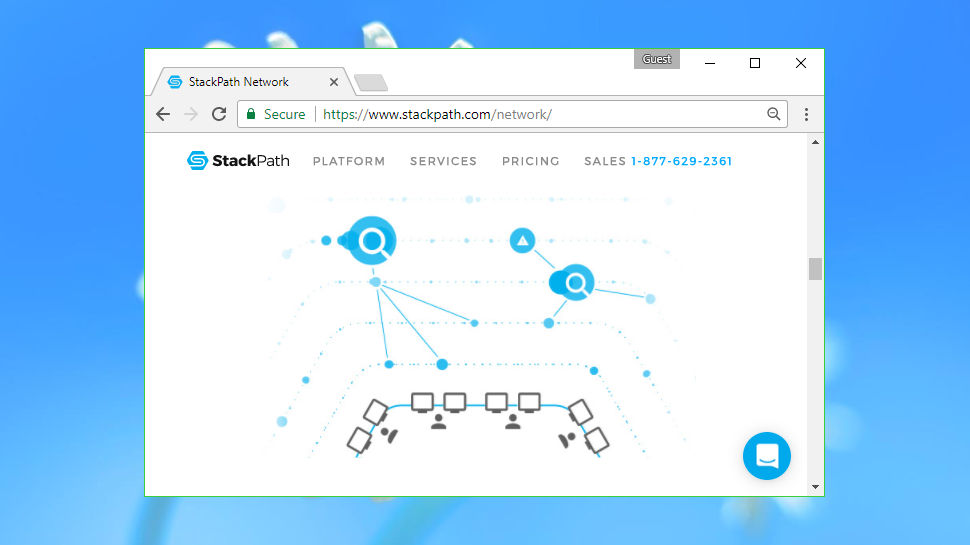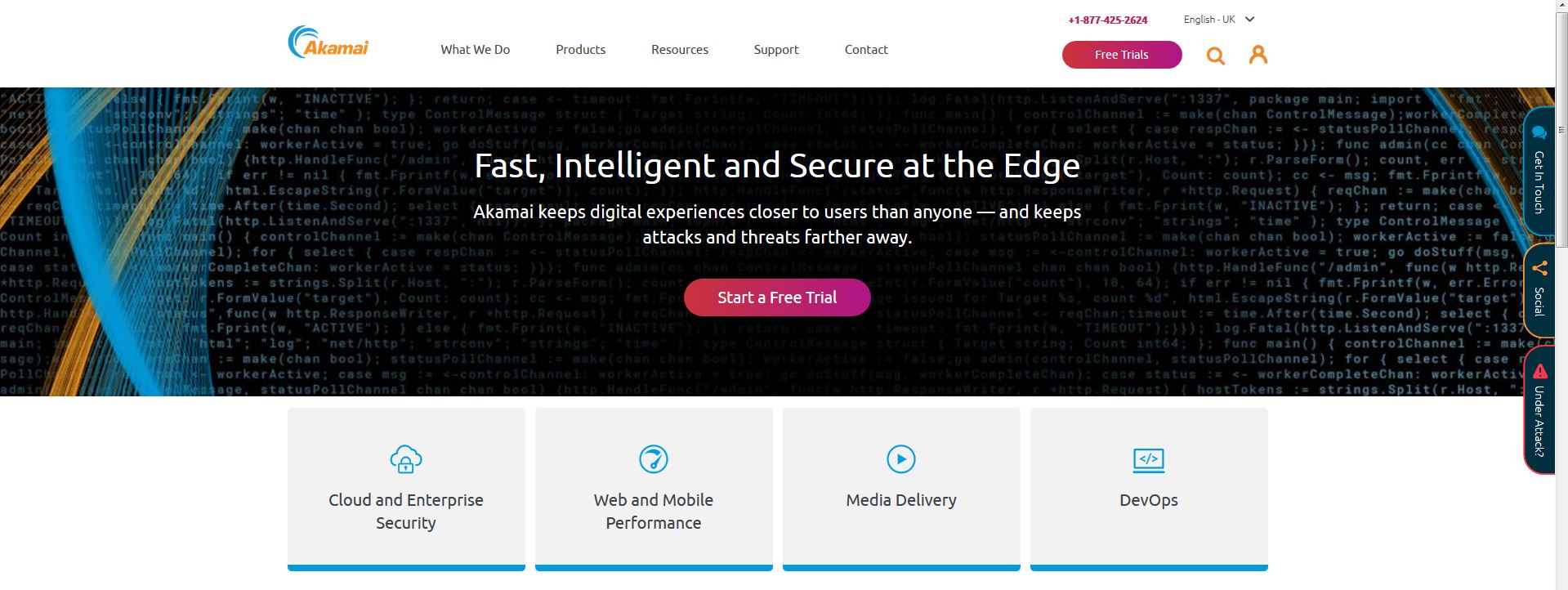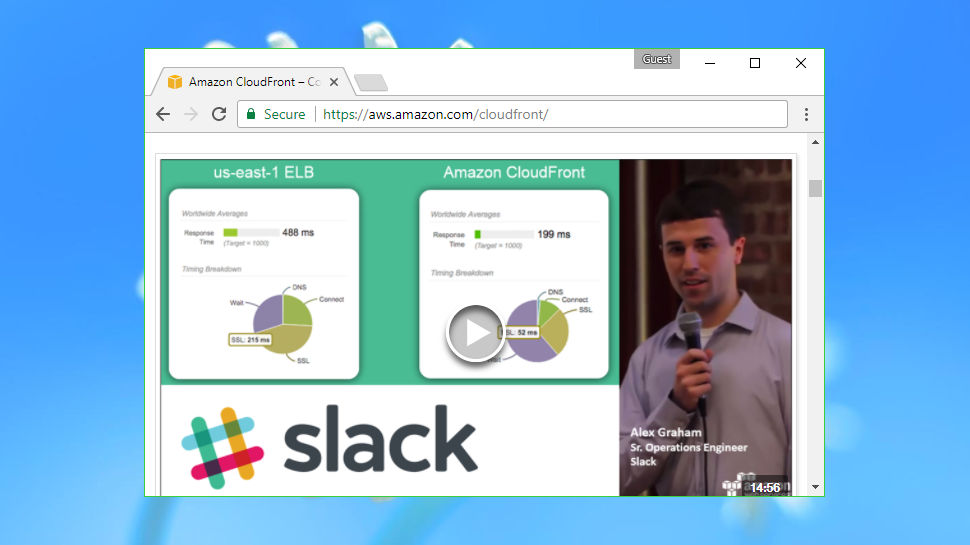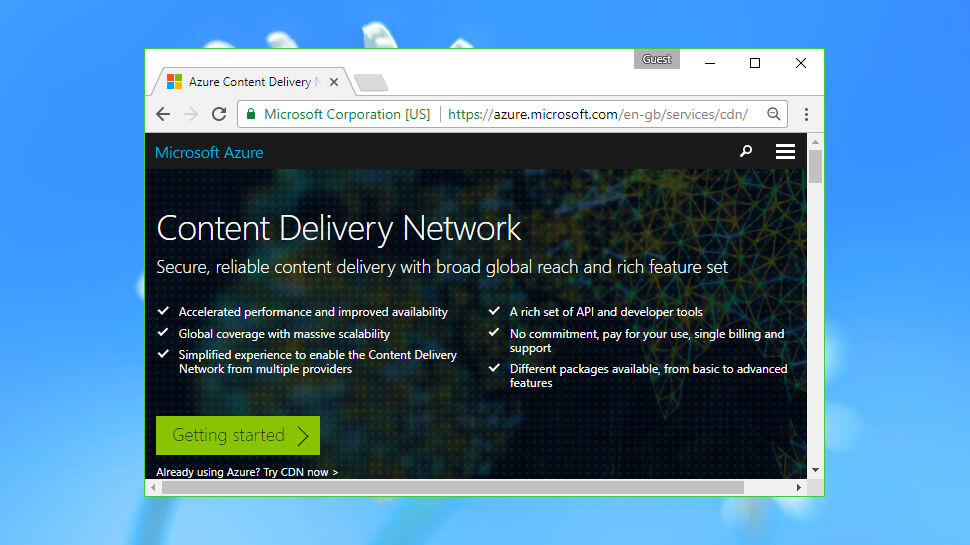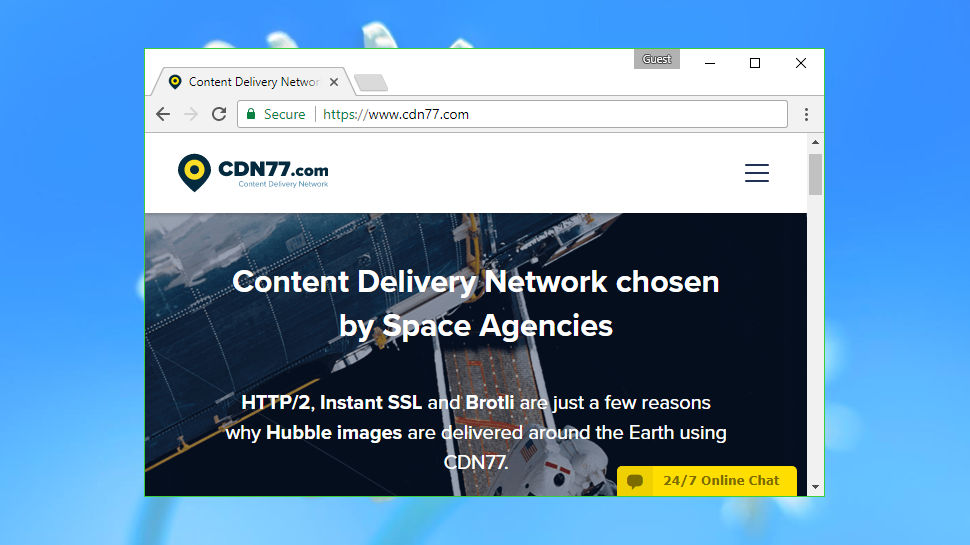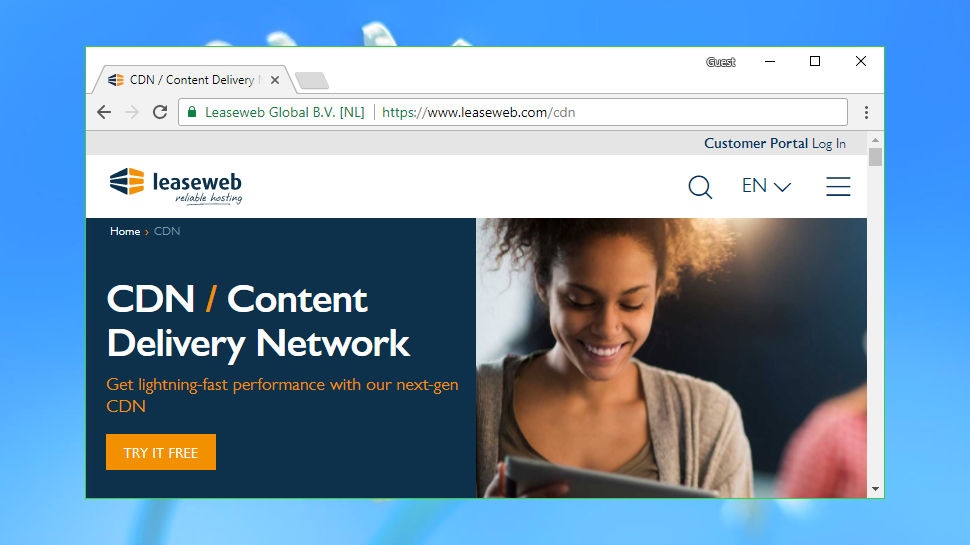If you're looking to get online fast, welcome to our choice of the best website builder options of 2020.
Website builders have been around for many years, but a new generation now make excellent use of new technologies like responsive and mobile platforms to offer an even better service. The best website builder software allows businesses and individuals to build anything from a single-page site to a professional online store, without the need for any HTML or design experience whatsoever.
Whether you're a sole trader or a multinational corporation, just about every business needs an online presence – in other words, a website. A growing number are adding bells and whistles like an email list or form facility, domain name registration and much more.
While most cost money, there are also some free website builders available, though they tend to have more limited functionality than ones developed for business use.
Additionally, there are website builders that cater specifically for musicians, photographers, and online art portfolios.
But here, we'll give you a rundown of the best website builder choices currently available.
- Also check out our complete list of best web hosting services.
More experienced users can customize and fine-tune the design to suit their own needs, or perhaps install a more traditional web design package that allows them to build the perfect site from scratch.
There are free options, but these often have major restrictions, including limits on the size of the site and the lack of any ability to use your own domain. Fortunately, the commercial options are very reasonably priced, from around £5/$5 to £10/$10 a month, with hosting included.
To help you decide which option is best for your needs, we’ve picked out the cream of the crop: these are the five top best website builder services in the world right now.
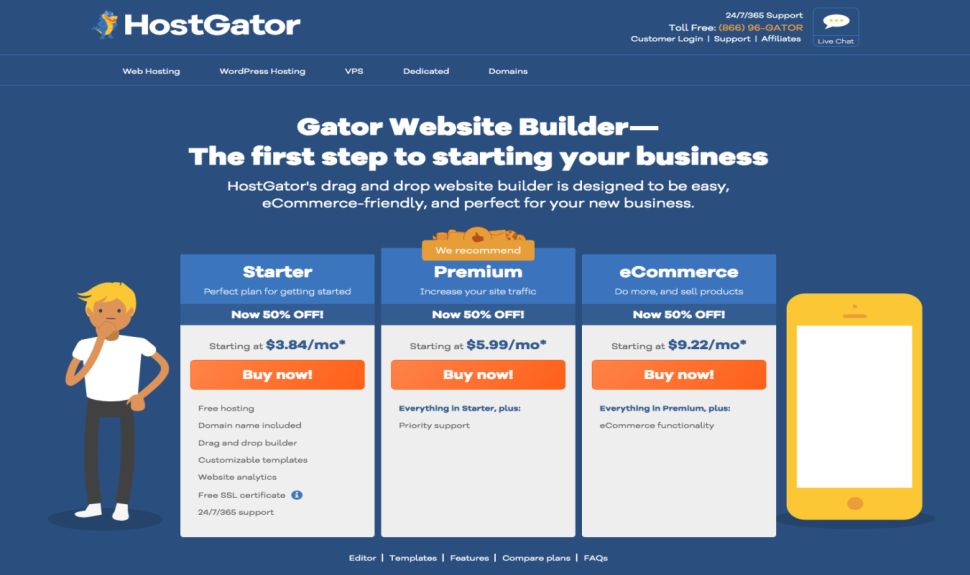
A popular web hosting choice, Hostgator also has some great website builder capabilities. The Starter plan starts at $3.84 (£3.25) per month for a two-year plan (With our "TECHRADAR" code, you'll pay $3.46 per month). This will get you unmetered storage and bandwidth, unlimited pages, 1-year free domain and hosting, free SSL certificate, $200 ad vouchers and a few other things. The top tier plan will also grant you eCommerce functionality.
You’ll have the simple and powerful drag and drop builder at your disposal so you can quickly and easily build your website and you can choose around 30 fully customizable mobile-friendly themes to help you with the website building. Hostgator also gives you analytical tools so you can always check how well your website is performing. Additionally, you’ll have access to live feeds from Instagram, Twitter, and Facebook.
All the features work very well and the website builder itself is very simple to operate so even the most non-tech savvy users will have no problem with it. Unfortunately, if you want to create a blog, the features there are lacking when compared to the competition. There is no option to schedule posts and the only comments you can post are the Facebook comments. Still, if you want a simple blog it will be good enough, although more demanding users probably won’t be satisfied.
The support is great and it’s available 24/7 with telephone, live chat, or email. Although, to get the best support you’ll need to purchase something other than the Starter plan. All in all, Hostgator’s website builder is an excellent choice for anyone who wants to start making a website and they are quite capable hosting provider too.

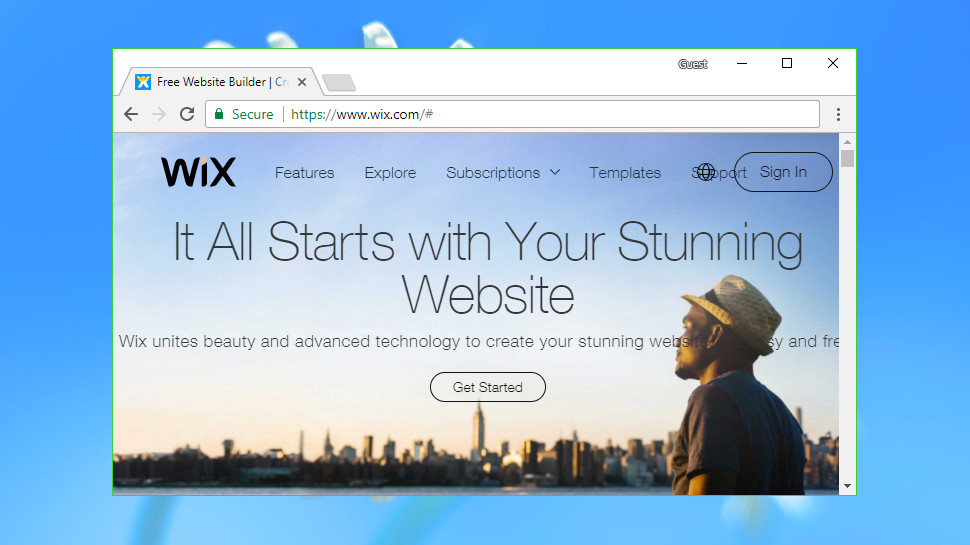
Wix has more than 100 million registered users
Wix is one of the most popular online website creators, offering a range of plans and products. The free version has Wix branding, limited storage space (500MB) and bandwidth, but move up to the most popular plan (unlimited) and there’s no Wix ads. You get unlimited bandwidth (hence its name) and 10GB storage, along with a free domain, Google Ad vouchers and much more. The e-commerce plans start with the "Business Basic" plan with a price of $17 (£13.30) per month.
An excellent collection of 500 plus templates gets the design process off to a quick start. The drag-and-drop editor gives you all kinds of tools and features to explore – an image editor, video backgrounds, animations, social buttons, an integrated site blog – and just about everything can be tweaked, tuned and restyled. Furthermore, as of recently, Wix introduced Wix Turbo, which increases the speed and performance of websites substantially.
All the core editing functions are really smartly designed, and operate more like a native app than your average website builder. Wix does have some weaknesses, with tech support seeming a little sluggish and limited in some respects. But there’s no denying that the superb editor and range of top-notch templates make it easy for web building novices to create something impressive.


Another capable provider, Squarespace’s website builder offers a plethora of features with some gorgeous looking templates. The service is a bit pricey with the cheapest Personal plan is priced at $12 (£10) a month, paid annually. To be fair, you do get a lot of features like SSL security, unlimited bandwidth and storage, SEO features, intelligent image optimization, image and video galleries, performance boosting CDN support, professional web store, a powerful blogging platform, and several others.
One of the first things to catch your eye are the templates. They are beautifully designed and easily accessible, as you can switch them at will if you decide later that you don’t like a particular template. The website editor itself is very minimalistic and kinda bland looking, but don’t let that fool you, as there are a bunch of options and features available here. This is because they are only shown when you put your mouse cursor over its individual elements. This will take some time to get used to, but once you do, you’ll appreciate all the features you get.
If you encounter any issues Squarespace offers good support and their support team is quite knowledgeable. Apart from their support pages that have FAQs, guides, video tutorials and other support like articles, there is a live chat available on workdays from 4 am to 8 pm EST, and email support is available 24/7.

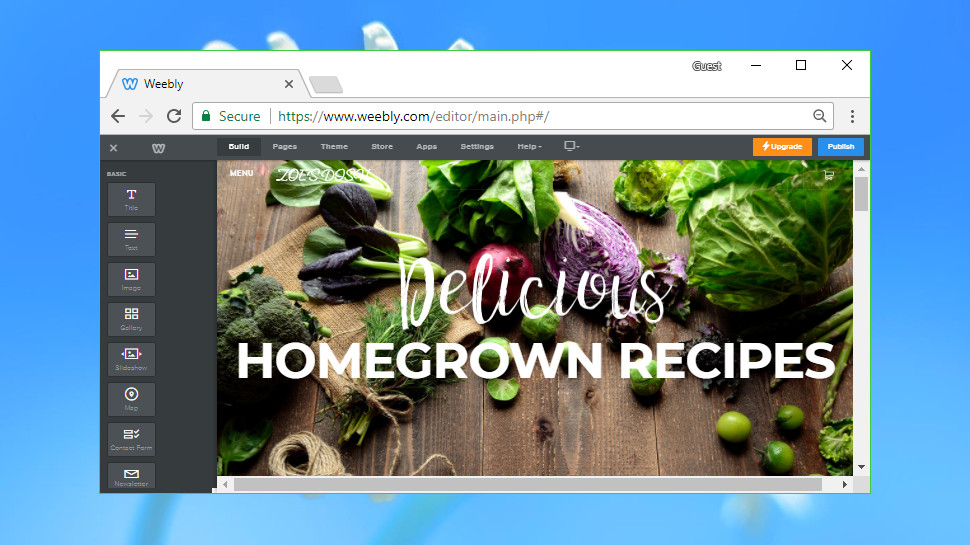
Weebly is one of the few website builders that offer a free hosting tier.
Weebly is another big name in the website building world which offers a powerful editor and capable set of features. There’s a free plan, which like Wix limits space to 500MB and imposes ads on your site.
However, if you move up to the Professional plan – at $12 (£9.5) a month – the ads and storage limit are dropped, plus you get a free domain, and even support for a web store containing up to 25 products. The supercharged Business plan lets you create sites with unlimited web store products and high-end store features like product reviews and discount coupons, retailing at $25 (£19) a month.
The service offers hundreds of professionally-designed web templates, covering just about any site type. The drag-and-drop editor is neatly designed, although you don’t get full control over where you can position elements on the page, and the interface can seem a little cluttered. A further niggle is that there is no global Undo feature.
Like Wix, we found tech support was a little wobbly in terms of sluggish responses, but Weebly offers a host of powerful features, some very stylish templates, and easy access to free images for your site is another definite boon.


1&1 IONOS is one of the biggest web hosting companies in the world
There’s a lot to like here in terms of a powerful drag-and-drop editor bristling with professional features and highly customizable templates, but at the outset, let’s make it clear that this isn’t the cheapest service around.
There’s no free plan (or indeed trial – although there is a 30-day money-back guarantee), and the most basic plan is priced at $5 a month (£5 for UK) (first month is free). That gives you unlimited pages and web space, a simple integrated blog, limited SEO settings, plus website backup and restore, so it’s a touch pricey for what you get.
That said, 1&1 IONOS MyWebsite offers a wide range of responsive templates, and an editor which provides loads of potential adjustments and tweaks, all with plenty of visual feedback and context-sensitive menus to help streamline the whole process. What’s clever here is that the top-level stuff is easy to use and understand for beginners, yet expert users can dive more deeply into the menus to really play around and customize elements. You also get your own personal consultant free of charge.
Other highly useful features include the ability to point to your old website in order to import media content from there straight into your new site. This could be a huge timesaver for some. There also an e-commerce plan starting at $20 per month.

Also consider

As we’ve seen, many a website builder pitch themselves towards novices and making life easy for the less site-savvy out there, but what about experts who want powerful low-level control? Those are the users Voog has in mind.
So you don’t get many templates here, for example, and there’s the bare minimum of media support – but what you do get is a compact drag-and-drop editor which does its best to stay out of your way. There are weaknesses here, and the interface is somewhat clunky in respects – and it’s another which lacks a global Undo function – but it has some real power you can drill down into.
For example, clicking a text box gives you the option to use bullet-point lists, insert tables or videos, or even edit the HTML source to customize effects. Voog also lets multiple users easily collaborate on a site project, and if you’re after nifty, unusual features like these, you won’t see them elsewhere.
The entry-level Standard plan is priced at $8.80 (£7.10) per month (billed annually) and gives you 5GB storage, and all the core features you’ll need, including SSL security (although it’s limited to 30 pages). If you know what you’re doing in terms of website design, and want some true power and customization capabilities, there is a 30-day trial you can check out (no credit card details needed).

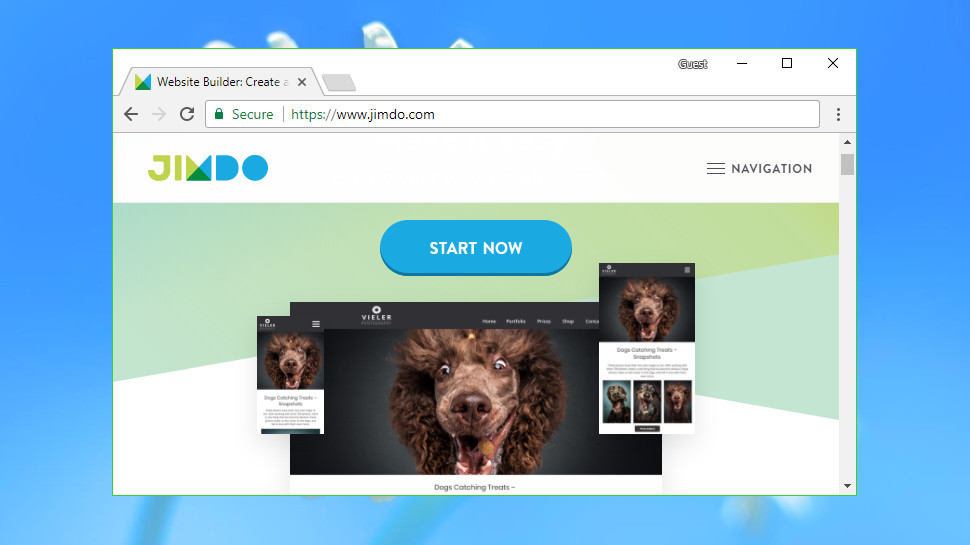
Jimdo is a somewhat quirky website builder targeted largely at novice users, but it’s well worth your attention for a number of reasons, not the least of which is a free plan which boasts more than the average offering.
Yes, there are the usual limitations including adverts, a 500MB storage limit, no custom domain, and very limited SEO. But there are a few features you won't get in other free plans, like a password protected area, for example.
The site editor itself is simple and consistent, even if it’s somewhat unconventional in terms of its design. Also, the editor doesn’t have as many functions and features as some rivals. For example, there aren’t that many templates, and the widgets on offer aren’t as plentiful as you might find elsewhere – plus there’s no global Undo (although Jimdo isn’t alone in this respect).
Another neat touch is a good web knowledgebase which means help is generally close at hand when it comes to troubleshooting. Overall, this is a compelling product, that is well worth giving a whirl.
You might also want to check out our other website hosting buying guides:
- WordPress
- Cloud hosting
- E-commerce
- Dedicated server
- Small business
- Windows
- Managed
- Green
- Business
- Colocation
- Email hosting
- Resellers
- VPS
- Shared
- Cheap
- Best website hosting
